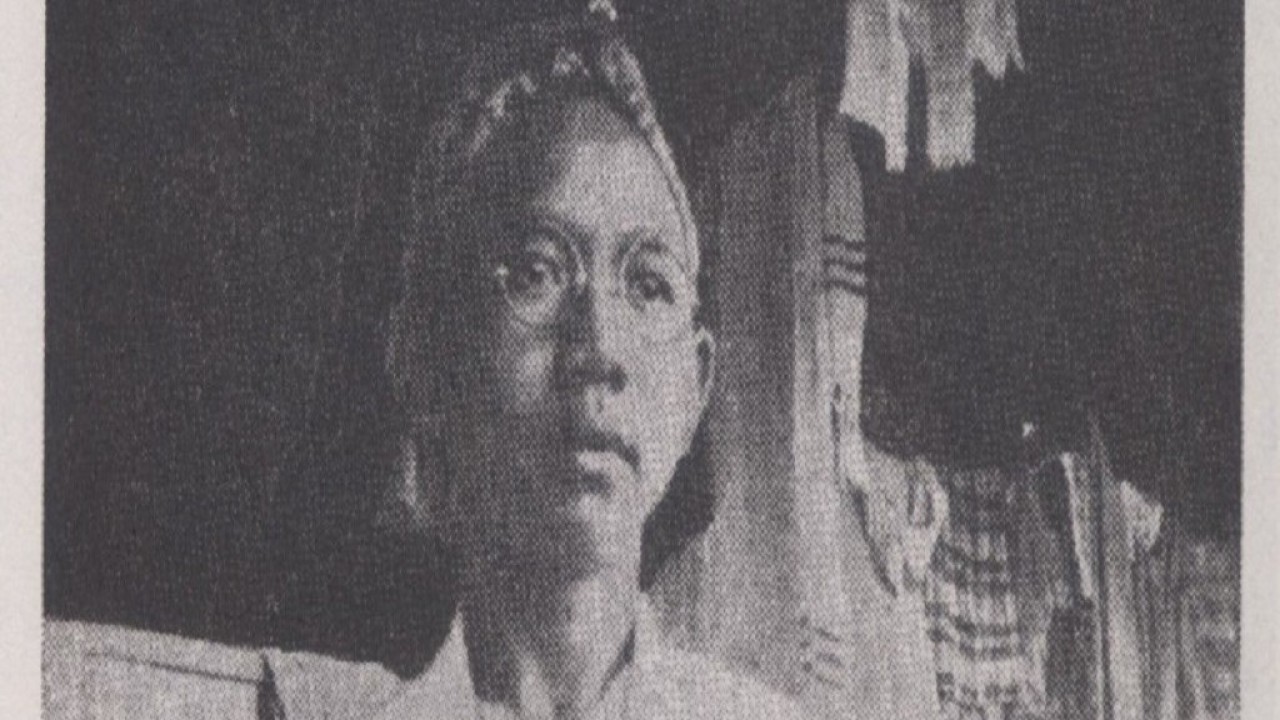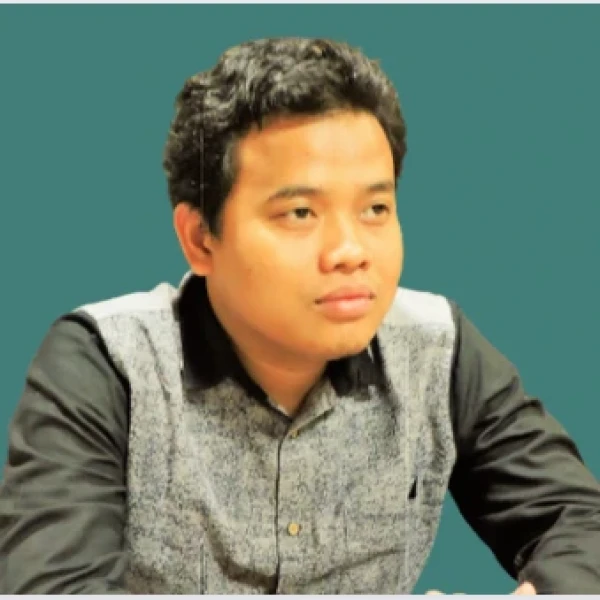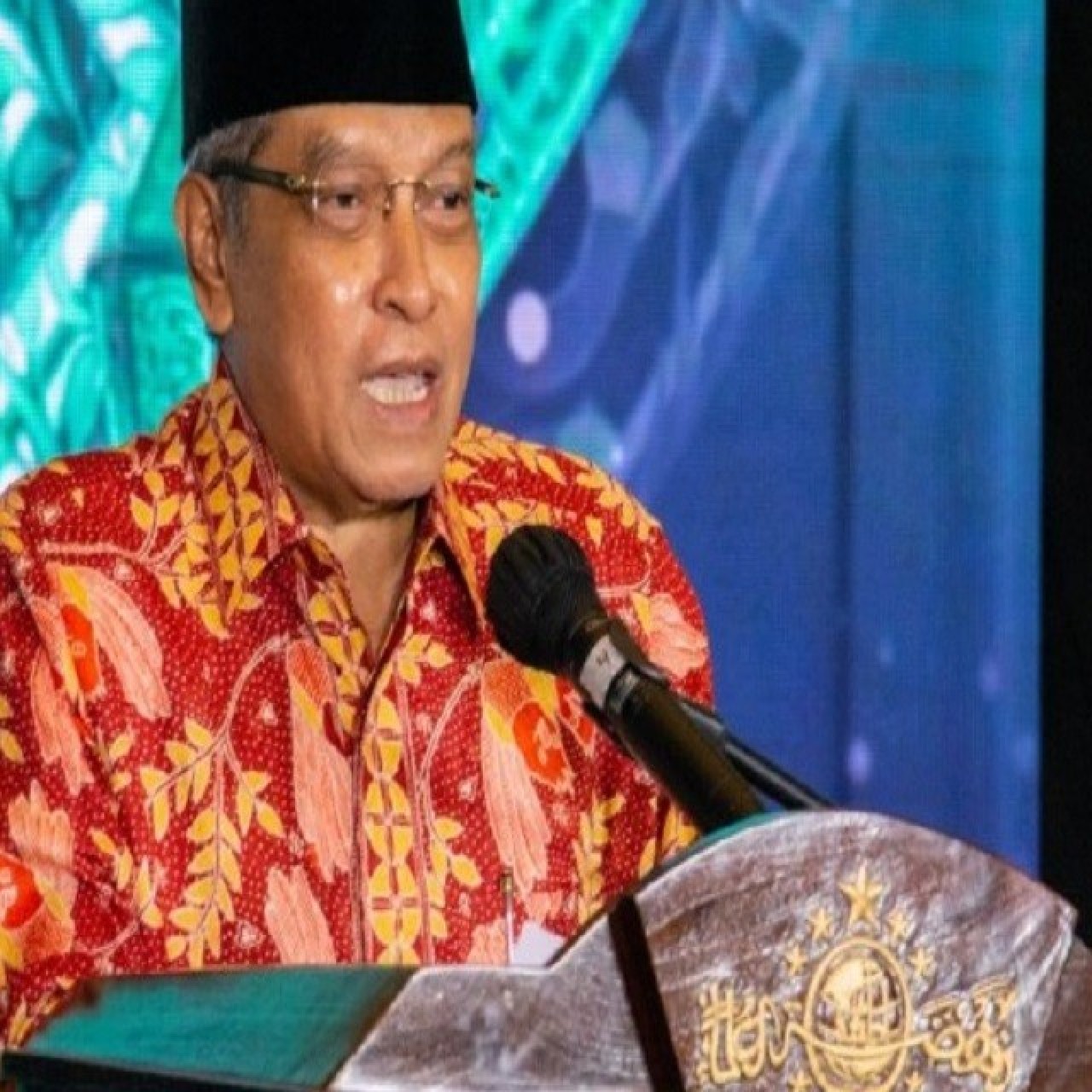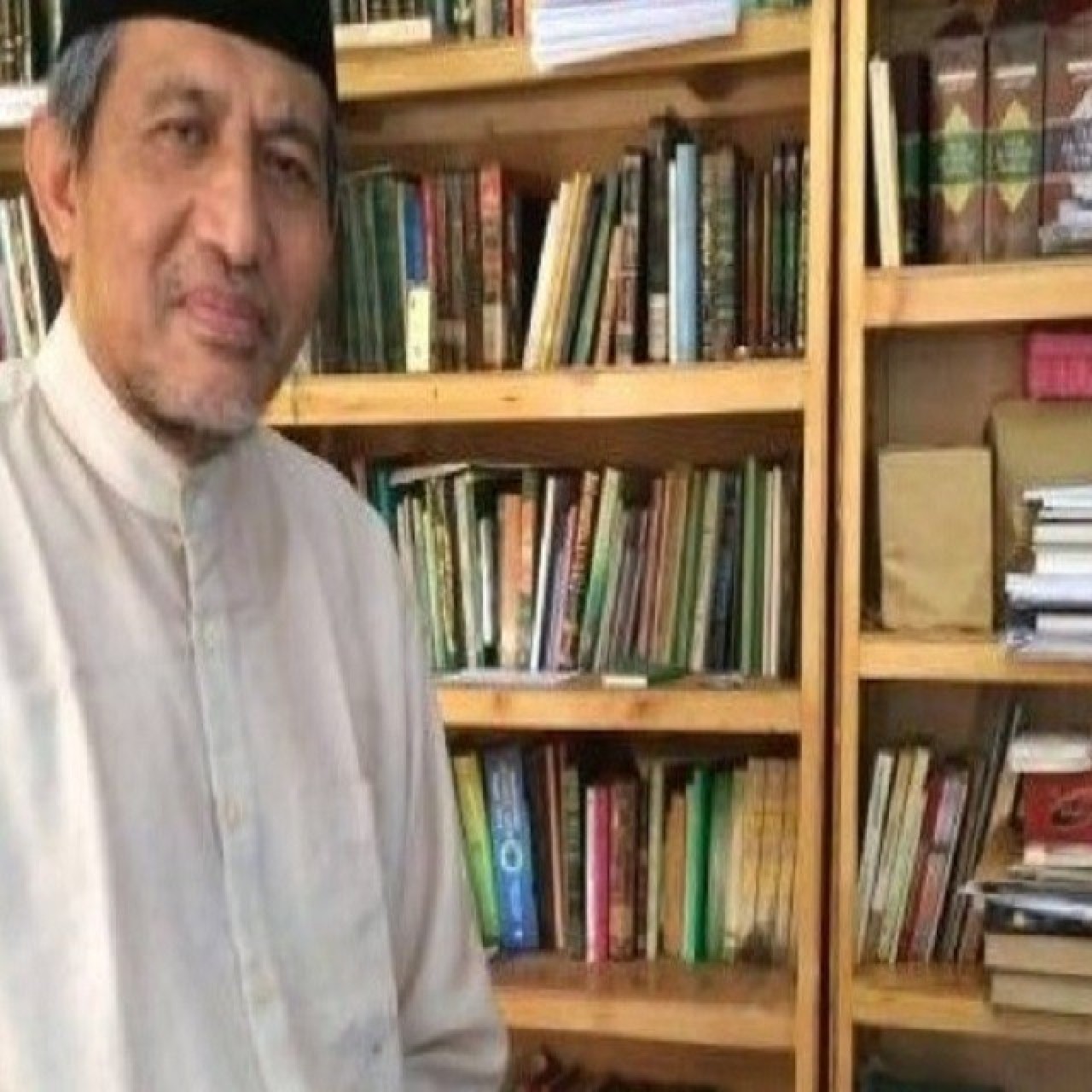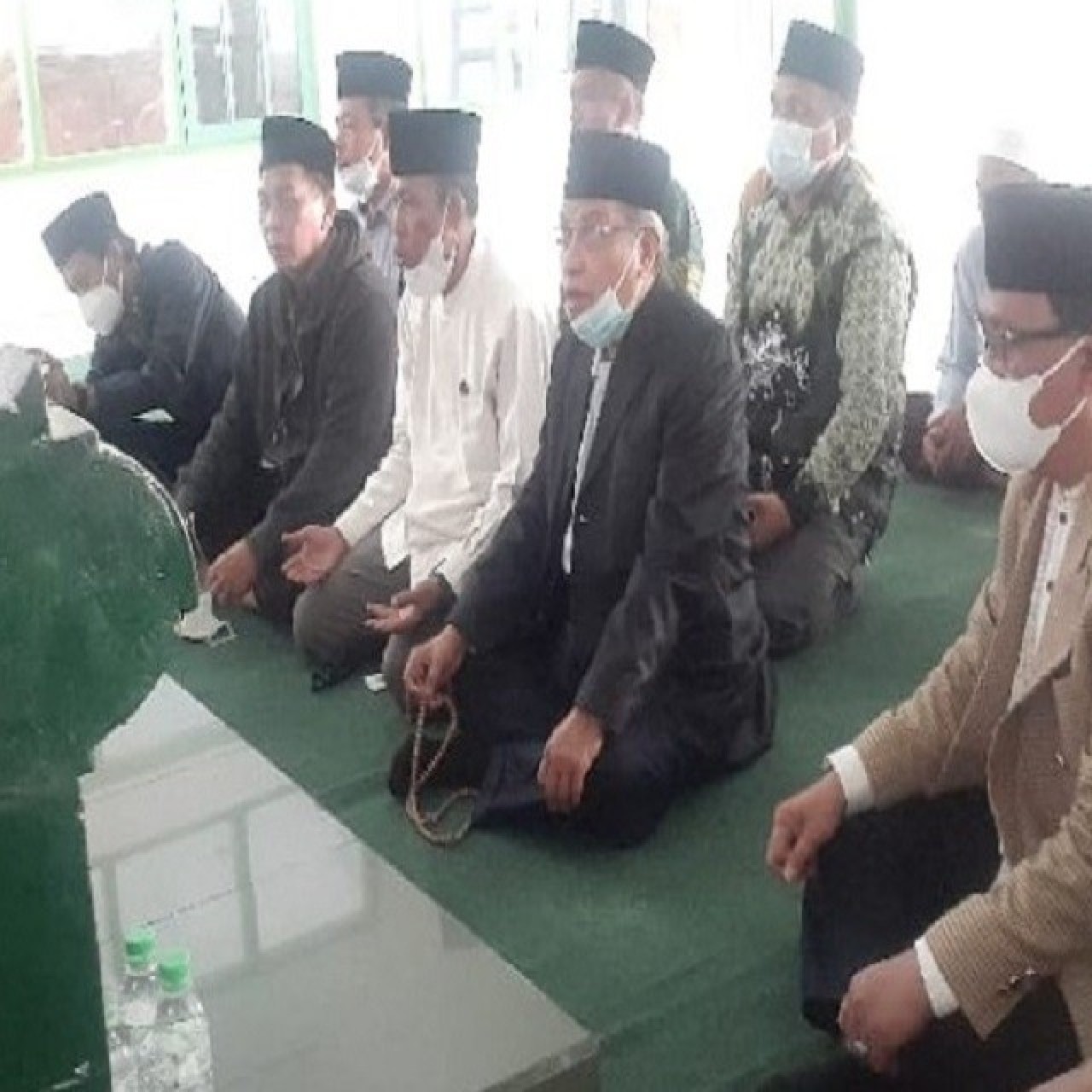Abdul Wahid Hasyim, the portrait of a brilliant young man
NU Online · Jumat, 29 Oktober 2021 | 02:41 WIB
Patoni
Penulis
Abdul Wahib Hasyim bin KH Muhammad Hasyim Asy'ari was noted to be one of the central figures in the history of the struggle of the Indonesian nation from pesantren (Islamic boarding schools). He also mobilized and carried out a diplomacy to liberate the Indonesian people from colonialism. Wahid Hasyim carried out this struggle at a relatively young age, including when he held strategic positions.
At the age of 25 Wahid Hasyim joined the Islamic Council of A'la Indonesia (MIAI), a federation of mass organizations and Islamic parties at the time. A year later or when he was 26 years old, Wahid Hasyim became the Chairman of MIAI.
His career continued to climb rapidly. He became the Chairman of the Central Board of Nahdlatul Ulama (PBNU) at the age of 32, became a member of the Investigative Agency for Preparatory Work for Indonesian Independence (BPUPKI) and the Preparatory Committee for Indonesian Independence (PPKI) at the age of 31, became Minister of Religious Affairs in three cabinets (Hatta, Natsir, and Sukiman) in 31 years old.
Even though he is the son of the founder of NU, he still holds positions from the bottom like everyone else. Initially he was Secretary of the NU Branch of Cukir-Jombang, Chairman of PCNU Jombang in 1938, then served on the management of PBNU for the Ma'arif (Education) section in 1940, finally in 1946 he was elected Chairman of the PBNU to replace Kiai Mahfudz Shiddiq who died.
History records that KH Wahid Hasyim not only had a high organizational spirit, but was able to capture and respond to changing times to strengthen diplomacy with the colonialists. He also took part in formulating the state ideology of Pancasila. He was a prototype of a pesantren product that went beyond his time, including when he had to disagree with his own father in responding to cultural resistance against the invaders.
As a form of resistance against the invaders, KH Hasyim Asy'ari had previously issued a fatwa (verdict) forbidding to wear all the identities of the invaders, including clothes. So the context is doing cultural resistance against the invaders. This fatwa was taken by KH Hasyim Asy'ari so that the spirit of resistance against the invaders grew in the hearts of the Indonesian people, especially the students (santri). This was quite effective because both the Dutch and the Japanese were topsy-turvy so that the movements of the Islamic boarding schools were properly highlighted by the colonizers.
The clothes prohibited by KH Hasyim Asy'ari for carrying out cultural resistance includes pants, suits, ties. In addition, KH Hasyim Asy'ari also forbade pesantren to study general sciences, including English and Dutch. It should be emphasized here that the context is cultural resistance. So it is important to place the context at that time when people see the development of modern times and the current millennial era.
However, seeing the changes in society and conditions at that time, KH Wahid Hasyim wanted to reform the steps that had been made by his father. Because it is impossible for the Indonesian people to understand the colonial movements if they do not understand their language. So, according to KH Wahid Hasyim, the colonial language also needs to be learned. Likewise with clothes as an identity. For the purposes of diplomacy, it was important to wear clothes such as pants and coats so that the invaders would be more open, because culturally their identity was worn.
Not wanting to argue too much about his son's opinion, KH Hasyim Asy'ari actually felt happy that KH Wahid Hasyim had his own progressive thinking. Because this step does not only stop at ideas, but is also implemented in real terms, even when KH Wahid Hasyim attempted to carry out diplomacy with Japan to free KH Hasyim Asy'ari from prison.
The struggle against the Japanese occupation for santri and Islamic boarding school scholars was no less difficult. Especially when one of the teachers of the ulama in Java, KH Hasyim Asy'ari, was arrested by the Japanese on charges of making it up. Physical and weapons contact often occured, diplomacy and negotiations continued to be carried out, while doing spiritual exercises (riyadhoh) to ask for strength, protection, help from the Almighty.
From a fairly long journey in resisting Japanese occupation, KH Wahid Hasyim on many occasions often explained the contents of Ronggowarsito's prediction about Joyoboyo, that Japan was only short in occupying Indonesia. (KH Saifuddin Zuhri, My Guru People from Islamic Boarding Schools, 2001)
KH Wahid Hasyim emphasized that belief must be an impetus to fight. The (KH Abdurrahman Wahid) Gus Dur's father said, “However, it is advised to the people that the struggle should not be based on predictions. The struggle must be based on the preparation of inner and outer strength, organization, and trust in Allah SWT." This shows the critical attitude of KH Wahid Hasyim in his day.
In an effort to mobilize the people to fight, KH Wahid Hasyim often visited regions. In Jakarta KH Wahid Hasyim worked closely with national figures and youth groups. In the regions, he had subordinates from truck drivers, auto repair shops, train conductors, and traveling merchants to perform liaison duties. In addition, relationships, networks, and connections with the world of Islamic boarding schools were strengthened. The unusual consolidation of the so-called "Pasukan Rakyat Jelata" (Common People Troops).
One day, a Jakarta Ansor young man named Fatoni told KH Saifuddin Zuhri that a farmer named Husin asked to meet KH Wahid Hasyim. Finally these two people met and held a long conversation. After the farmer left, KH Wahid Hasyim informed KH Saifuddin Zuhri that the farmer was none other than Tan Malaka, a prominent figure in leading the underground movement against the Japanese, the teacher of Adam Malik and Chaerul Saleh. (KH Saifuddin Zuhri, 2001: 274)
"Never forget, our Prophet Muhammad SAW once said, Al-Harbu Khid'ah, that war is forever full of tricks." This statement was made by KH Abdul Wahid Hasyim when discussing the strategy of the struggle against the Nippon or Japanese invaders with the Consul of Nahdlatul Ulama in the Kedu region, KH Saifuddin Zuhri in 1943. (Fathoni Ahmad, Editor of NU Online)
Editor: Sudarto Murtaufiq
Terpopuler
1
Khutbah Jumat: Maulid Nabi Muhammad dan 5 Tugas Kenabian
2
Khutbah Jumat: Tidak Ada Alasan untuk Tidak Bersyukur atas Kelahiran Rasulullah
3
Peristiwa Pengemudi Ojol Tewas Dilindas Polisi Picu Perlawanan Rakyat Lebih Besar
4
Khilaf dan Kurang Cermat, PBNU Minta Maaf Telah Undang Peter Berkowitz
5
Kesejahteraan Guru Terancam, Kemendikdasmen Hanya Dapat 7% dari Rp757 Triliun Anggaran Pendidikan
6
Kapolda Metro Jaya Diteriaki Pembunuh oleh Ojol yang Hadir di Pemakaman Affan Kurniawan
Terkini
Lihat Semua

